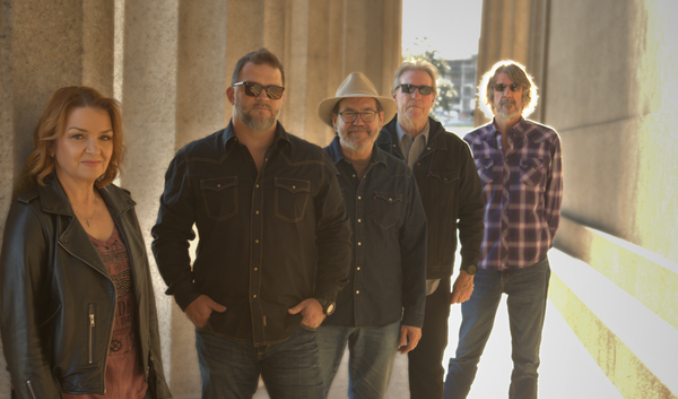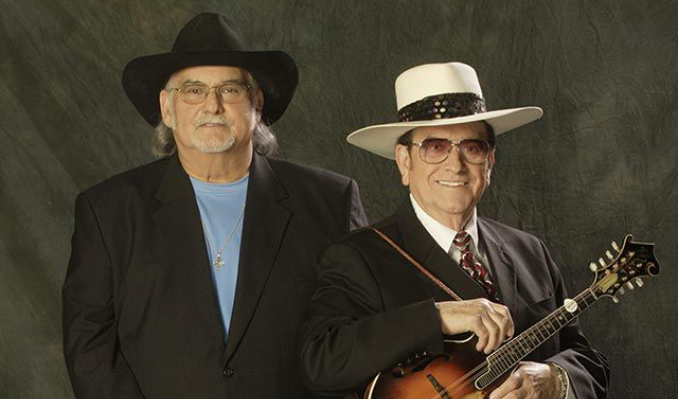Dee White

Artist Information
Take a ride around Nashville, and you can literally see the change happening. Even over on Music Row, pre-fabricated high rises tower over the craftsman cottages of yesteryear–a not so subtle metaphor, if you think about it. But even so, good things don’t go out of style. Those cottages still stand, and artists like Dee White still make real records.
Calling his next chapter of howling honky-tonk and expressive American roots a revitalization, his sophomore set is like a breath of fresh country air, much needed in an age of mainstream smog. Recorded live with a hand-picked cast of “Nashville Cats,” an iconic producerand little else, it’s not a throwback album, or a case of retro cosplay. But it sure does feel like the good old days again.
An Alabama native with a tender tenor and an ageless, pure-country style rooted deep in the Southern classics, those second chances are hard to come by in White’s world–and he knows it. But in his case, one was warranted. His story is a wild one, reading like a tall tale of musical mythology, and despite its colorful twists and turns, it’s all true. He’s only scratched the surface of what he can do.
A student of icons like Hank Williams and Vern Gosdin, White started performing on a lark when his tiny school kicked off a theater class with a mandatory, on-the-spot audition. An obvious talent, he quickly rose to the status of small-town phenom, and just a few years later moved on from bonfire singalongs to something bigger.
Still a teenager and working with his father dealing antiques, White was introduced by chance to famed music executive Harold Shedd–who happened to be an early believer of acts like Alabama, Reba McEntire, and Shania Twain, helping mold them into superstars. The young singer and guitar slinger was already working with a local producer, but had yet to reach his full potential, and when Shedd invited White to share his music, he heard something ... an electrifying spark that ignited memories of Alabama heroes past and present, from Hank Williams to Jason Isbell and beyond.
Soon, Shedd had agreed to help shepherd White’s career, and just a few weeks later they were in Shedd’s Mercedes... headed North up I-65 and straight into an only-in-Nashville story.
Just 18-years-old and green as an Alabama pine, two more musical heavyweights then entered White’s circle of believers ... The Black Keys’ Dan Auerbach, and famed Johnny Cash producer/engineer David “Fergie” Ferguson. Both were so convinced by White’s fusion of classic country roots and contemporary energy they agreed to produce White’s rookie project on the spot, and also helped sign him to a major label recording deal.
With the ink barely dry on his Easy Eye Sound/Warner Music Nashville contract, White went all in. He quit Auburn University after just a year of classwork, moved to Nashville full time and dove into the studio with Auerbach and Ferguson–a series of sessions which became his 2018 album debut, Southern Gentleman.
To call that experience a whirlwind is an understatement, White explains, but he understood the situation. Following his mentors’ lead, the album followed a vibe-forward vintage approach, using old-school equipment and a wispy vocal presentation that worked wonders toward creating a media buzz. White was suddenly the next big thing in Americana, scoring a wave of early attention from Rolling Stone Country, NPR Music, The Tennessean and more.
The buzz continued and for two years White forged ahead, touring the nation while carrying the Southern troubadour torch–but that chapter closed as fast as it opened. With the pandemic came the cancellation of tour dates, and an end to White’s record deal.
With no live shows and no money, he was even forced to leave Nashville all together, returning home to work for his father’s antique business. But despite the heartbreak, White refused to give in. He kept the creative fire burning, kept writing and kept playing–kept nurturing that “taste” he had begun to develop in Southern Gentleman’s wake, all the while saving money to give his dreams another shot. And now, after starting over from the literal bottom, he shines brighter than ever.
Similar Artists
Stay In Touch
It's our biggest year yet! Don't miss any Opry 100 announcements, events, and exclusive offers for fans like you. Sign up now!









